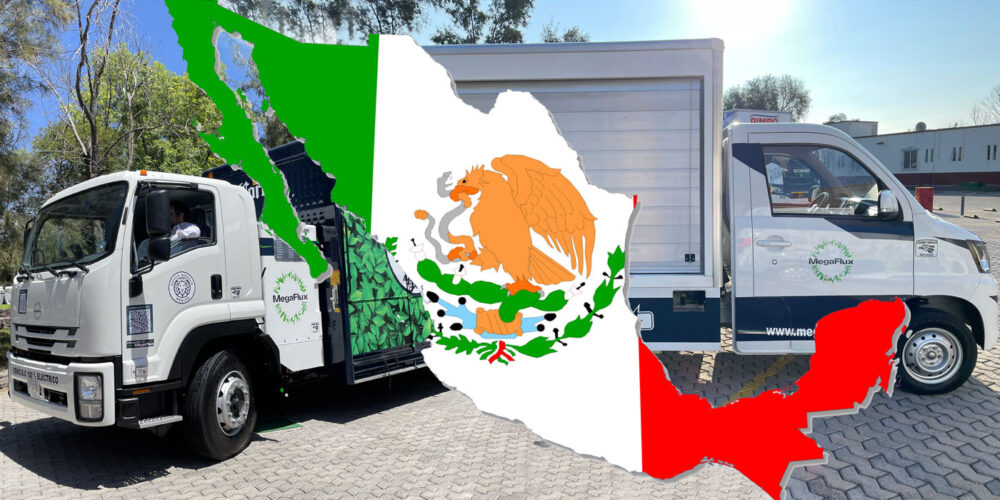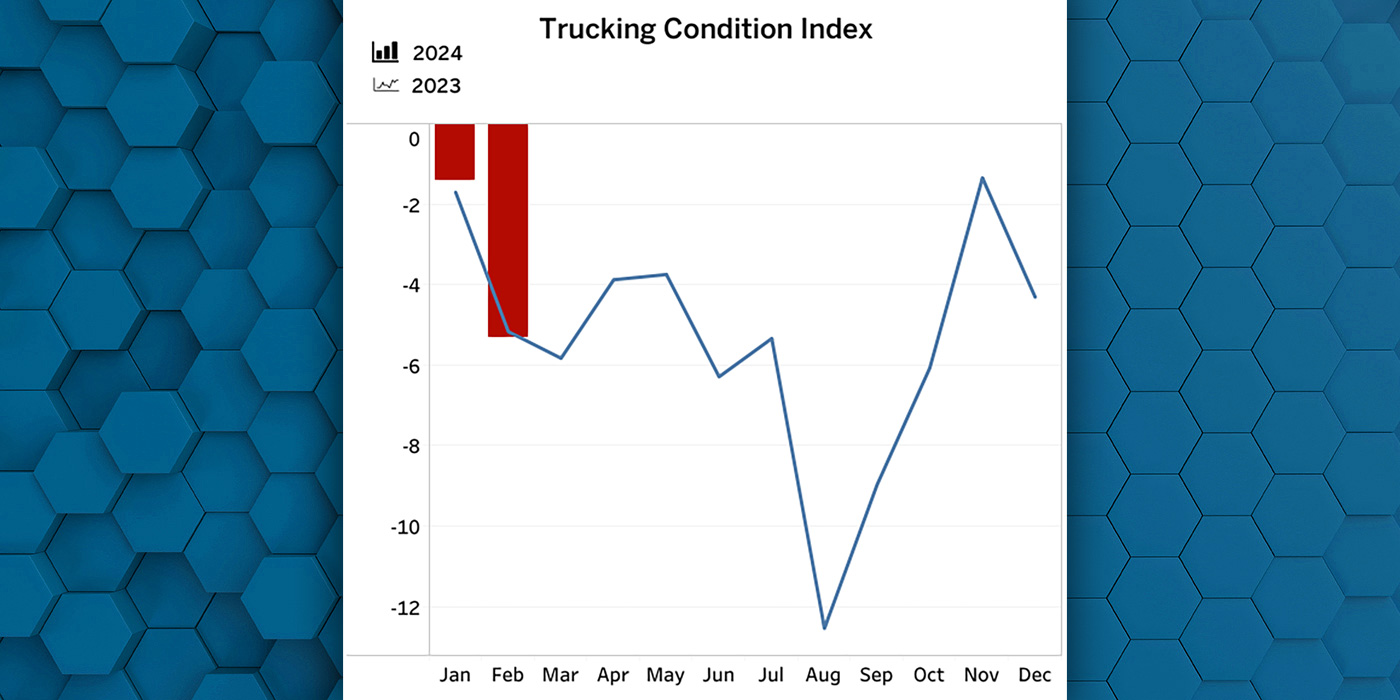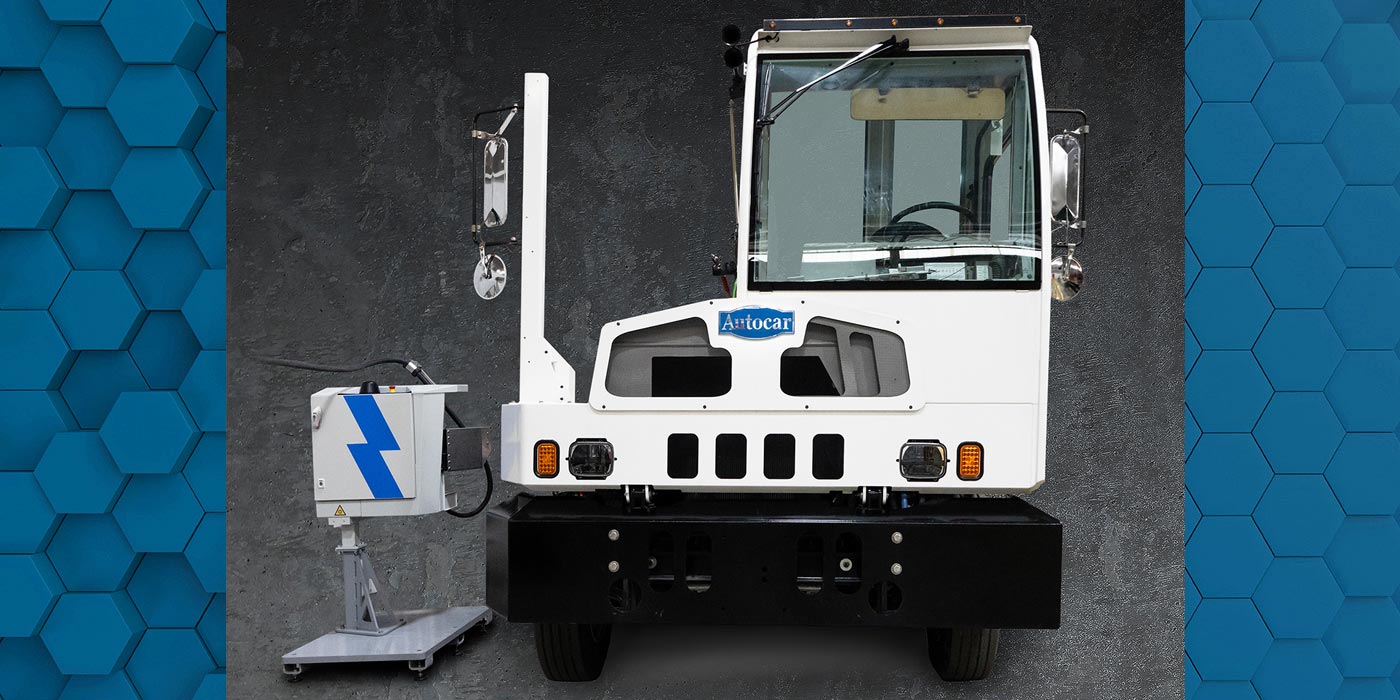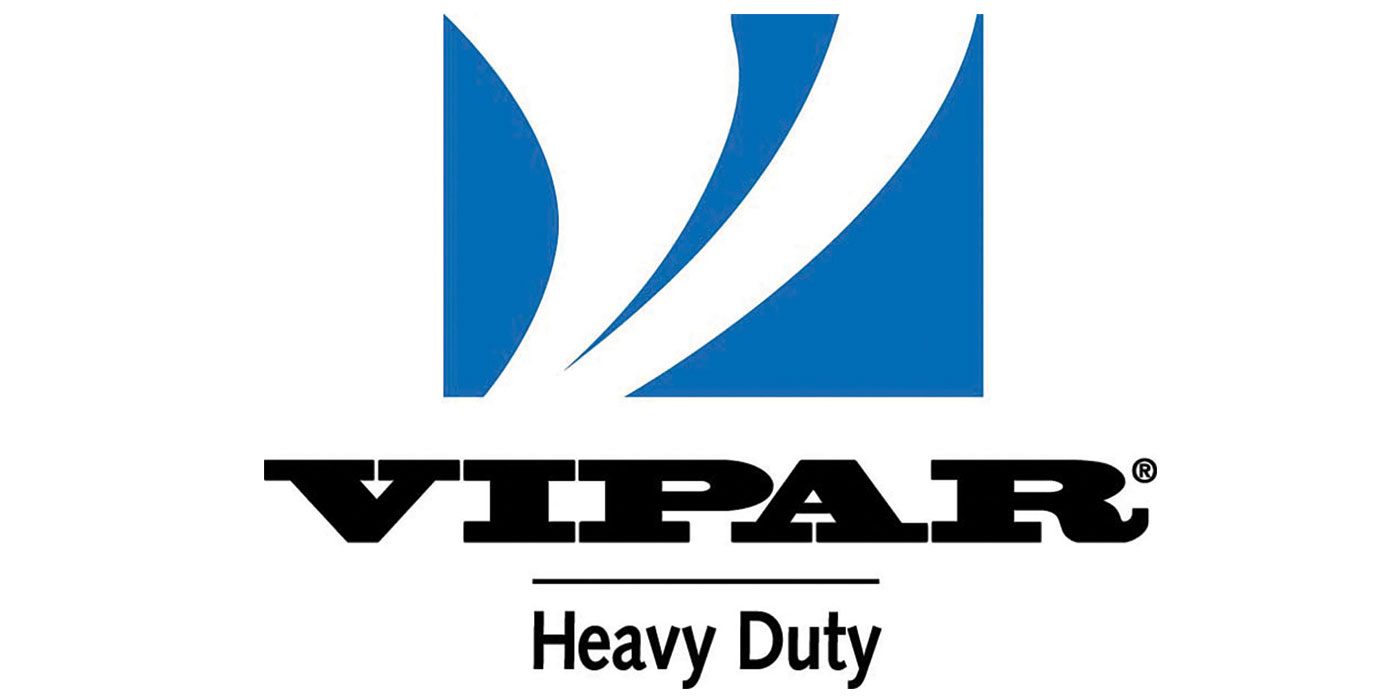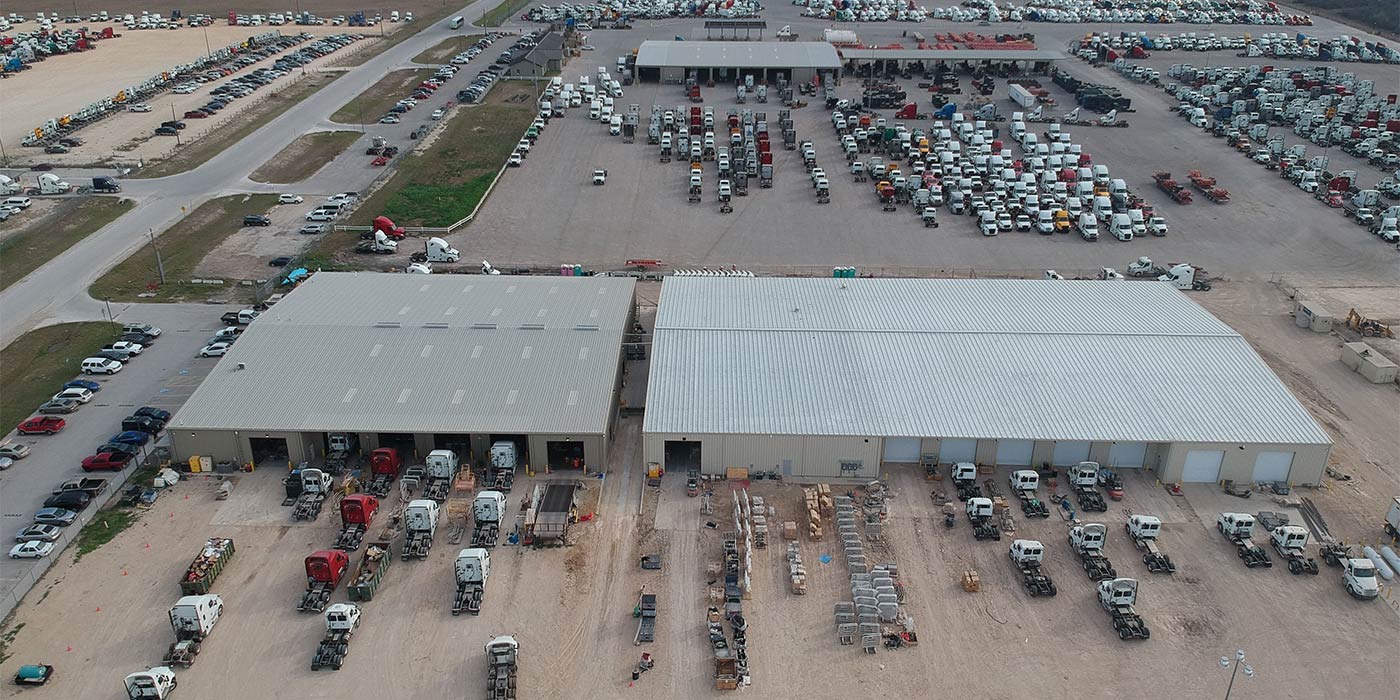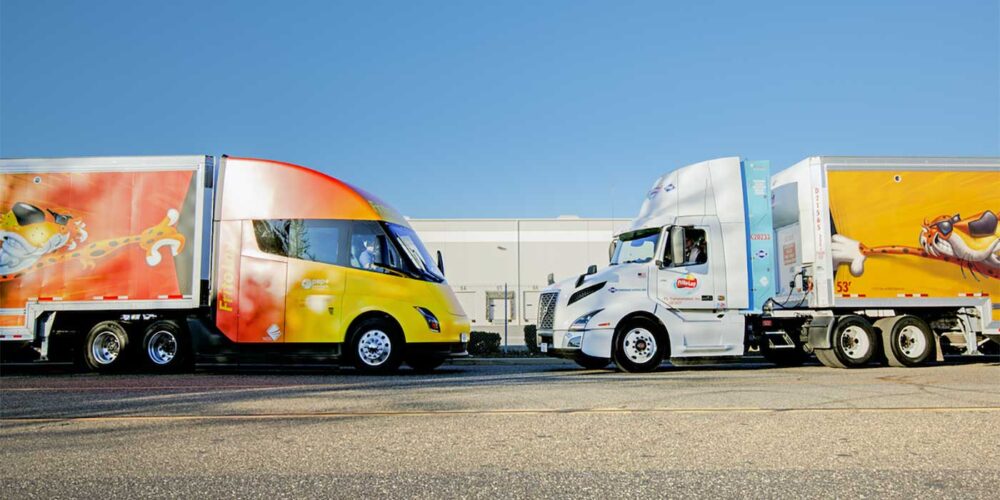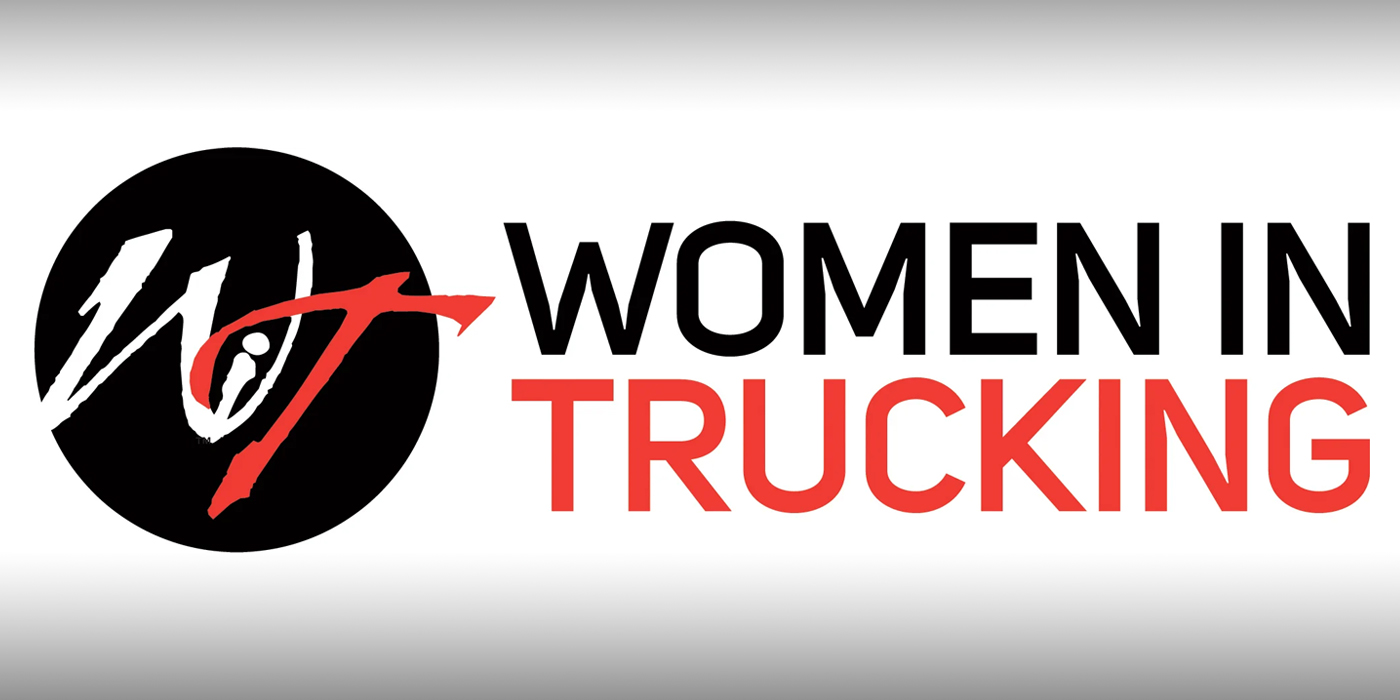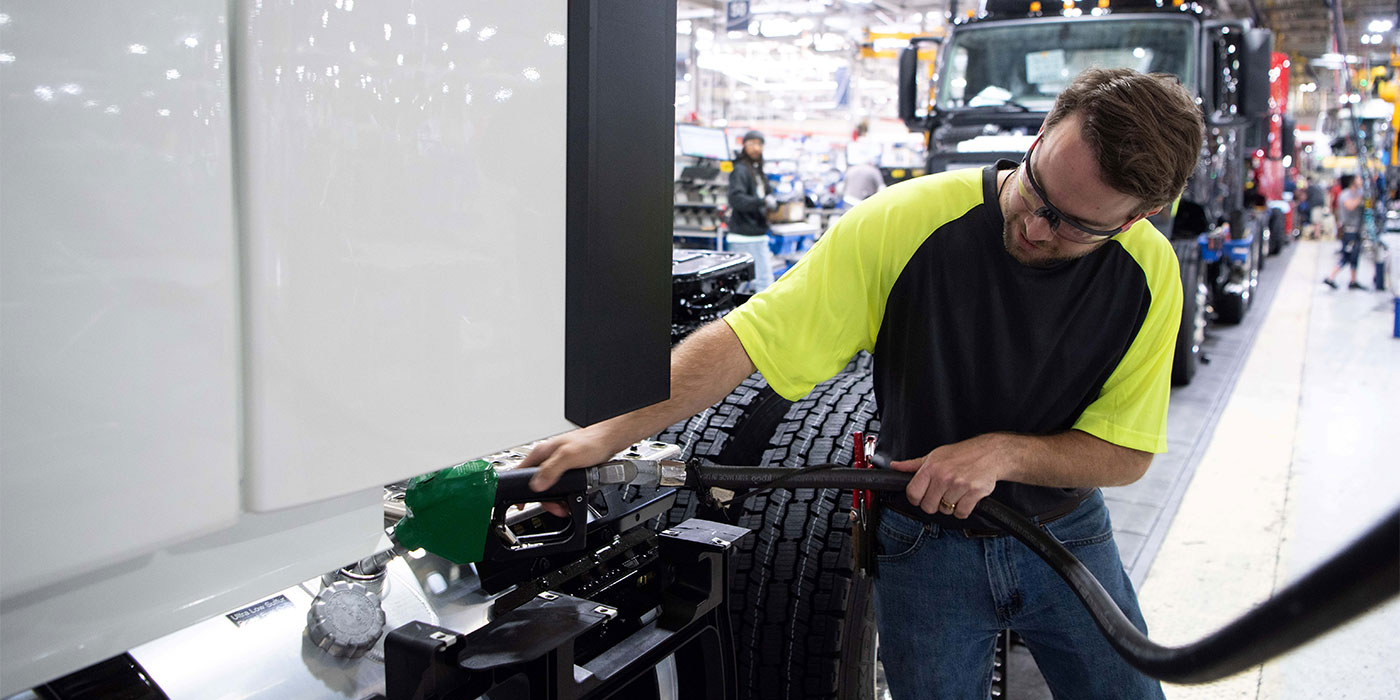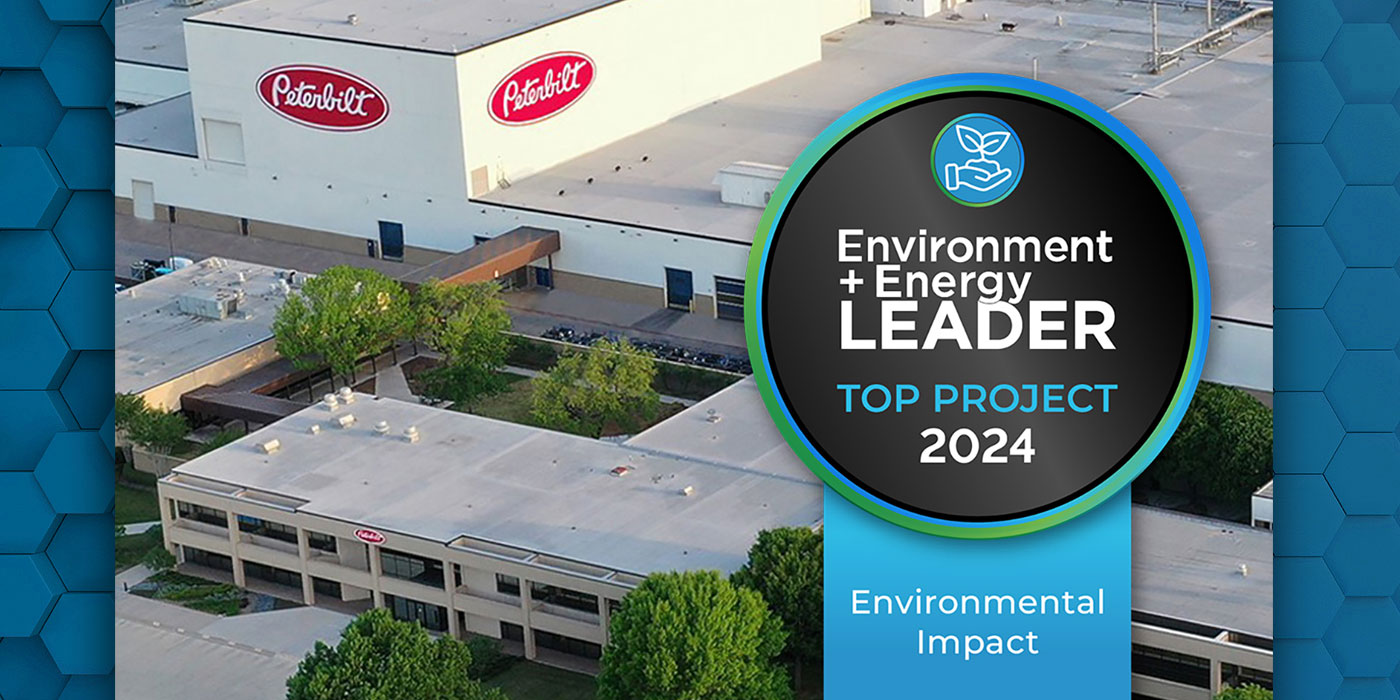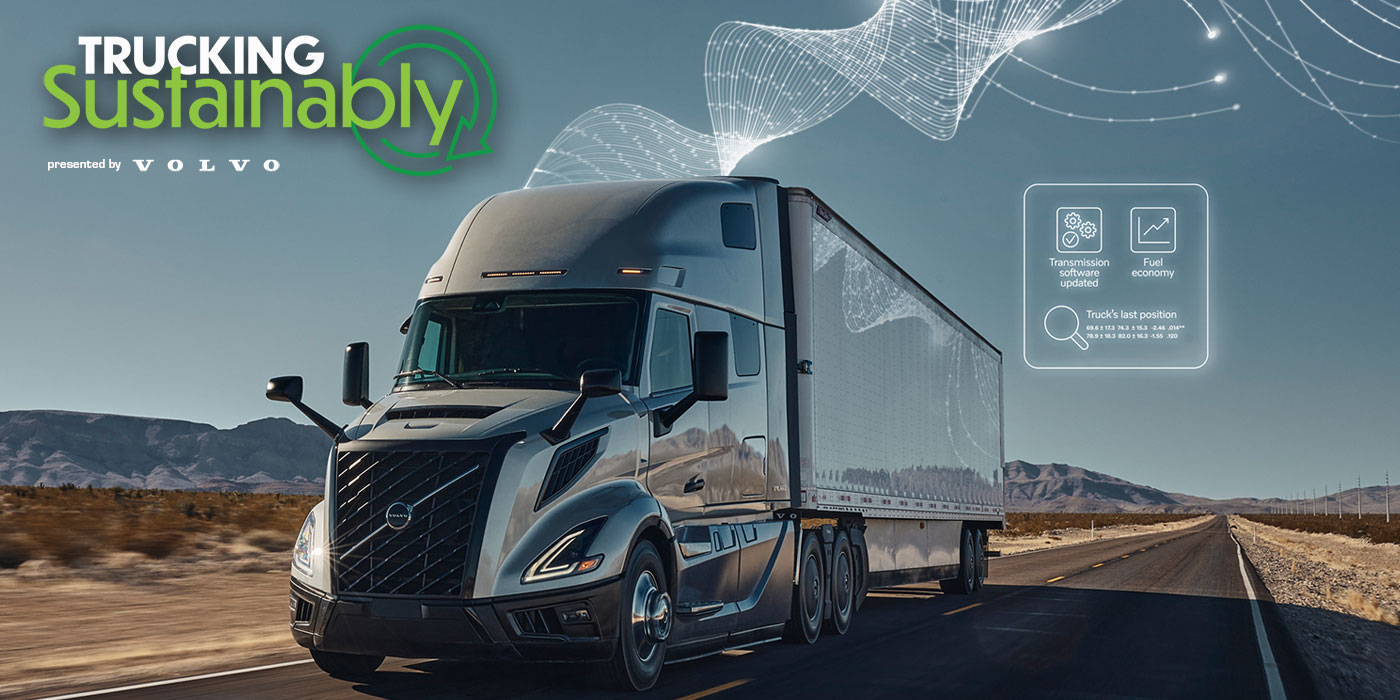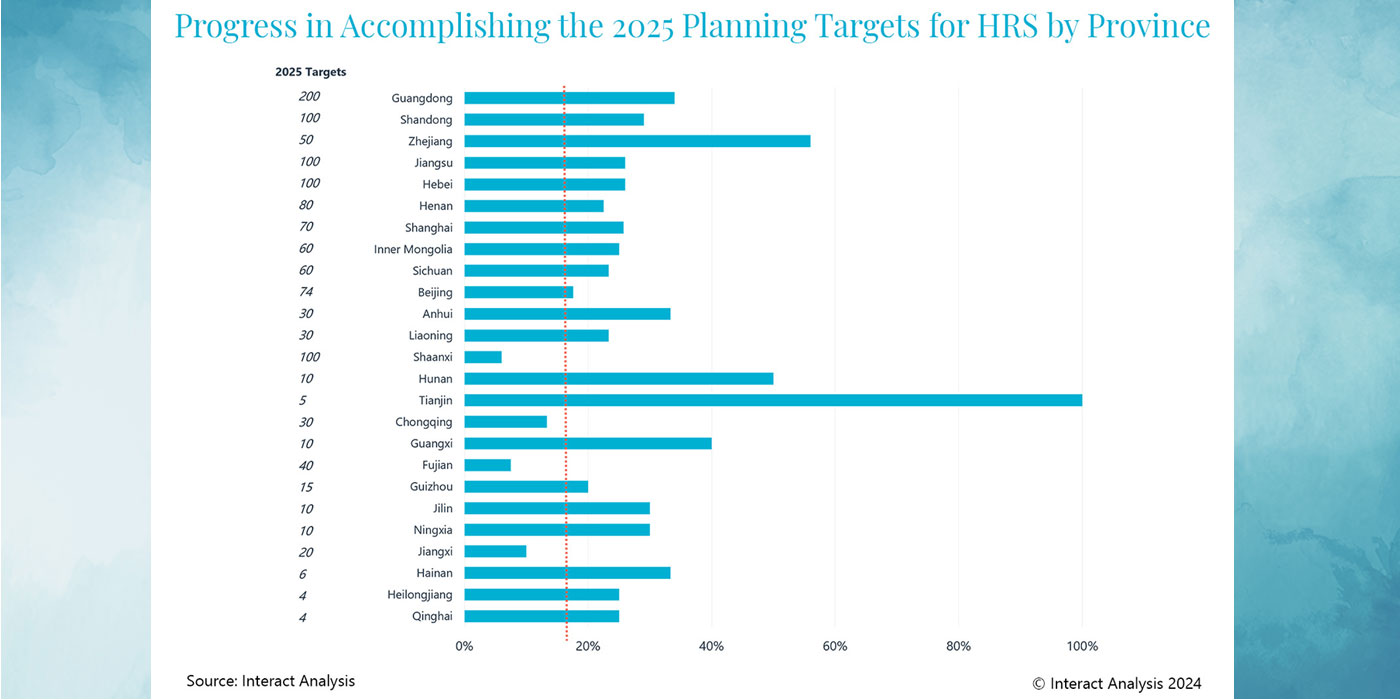As the world’s 12th largest exporter, Mexico is a global manufacturing leader. However, it is also a major source of carbon emissions. Mexico City’s air quality is 10 times the World Health Organization’s recommended limit, ranking it sixth worst amongst major cities worldwide. According to the Mexican Ministry of Environment and Natural Resources, road transportation accounts for 60-70% of air pollution. In Mexico City alone, the Ministry estimates the pollution causes 4,000 premature deaths annually. The health impacts and costs of pollution are massive, and the need to act is more urgent than ever.
The Mexico City government is making important strides in reducing pollution in the city as part of its 2019-2024 Climate Change and Environment Program. Though they have implemented several policies aimed at reducing transportation-related pollution, including programs to encourage the use of public transportation and the adoption of cleaner vehicle technologies, more solutions are required. An immediate way we can help combat this issue is by electrifying our transportation, particularly vehicles in commercial fleets.
By focusing on hard-to-abate sectors, like commercial transportation, MegaFlux partners with large fleet owners to make prompt impacts on air pollution and reduce their total cost of ownership (TCO). From selecting the right vehicles to helping them select the best charging infrastructure solution, fleet owners have found switching to EVs is complicated. MegaFlux helps fleets accelerate their decarbonization goals by providing comprehensive solutions, including proprietary powertrain technology, to achieve lower TCO metrics.
Starting with a comprehensive look at the fleet’s data to define the fleet operating parameters is key. By analyzing each customer’s specific cargo, operational routes, and energy consumption, the team determines the most suitable functions to electrify and the best EV configurations and charging infrastructure for day-to-day use. This data-driven approach ensures that operators optimize their fleet performance and minimize downtime while reducing their environmental impact.
In addition to introducing new EV vehicles to a fleet, retrofitting existing diesel vehicles with electric powertrains can be a cost-effective solution. Retrofitting not only accelerates fleet electrification and significantly lowers the TCO, it also enables companies to contribute substantively to the circular economy and achieve their ESG targets by extending the life of existing vehicles and reducing waste.
By focusing first on TCO, MegaFlux makes electrification economical and efficient for major fleet operators focused on their emissions. EVs must have a lower TCO than their diesel counterparts to be a viable option for mass electrification. This includes not only the upfront cost of the vehicles but also maintenance, fuel, and operating costs over the lifetime of the vehicles. For example, vehicle chassis are built for 30 years of use, yet fleet operators sell them after 5-10 years. By retrofitting vehicles with electric powertrains, we reduce waste and deliver savings of more than 30% compared to buying a new diesel truck without subsidies.
In Mexico City, AB InBev recently unveiled the first all-electric distribution center in the Americas. The TCO for MegaFlux’s MF18T truck used with AB InBev is expected to have savings of 10% compared to purchasing new diesel trucks. This groundbreaking initiative and its savings demonstrate the potential for large-scale electrification and sets a precedent for other commercial fleets to follow.
The future is bright for electrification. Once thought to be years away, the electrification of Class 2-8 vehicles is now a reality. Furthermore, the demand for comprehensive electrification solutions will continue to grow as businesses recognize the environmental and financial benefits of transitioning to EVs.
By improving our environment and lowering logistics costs, fleet electrification delivers a win-win scenario for everyone. Cleaner air in our cities and cost savings in logistics operations are just a few of the many benefits that can be realized. MegaFlux is committed to providing the expertise, technology, and support needed to make this transition a success, helping to create a greener, healthier tomorrow.

